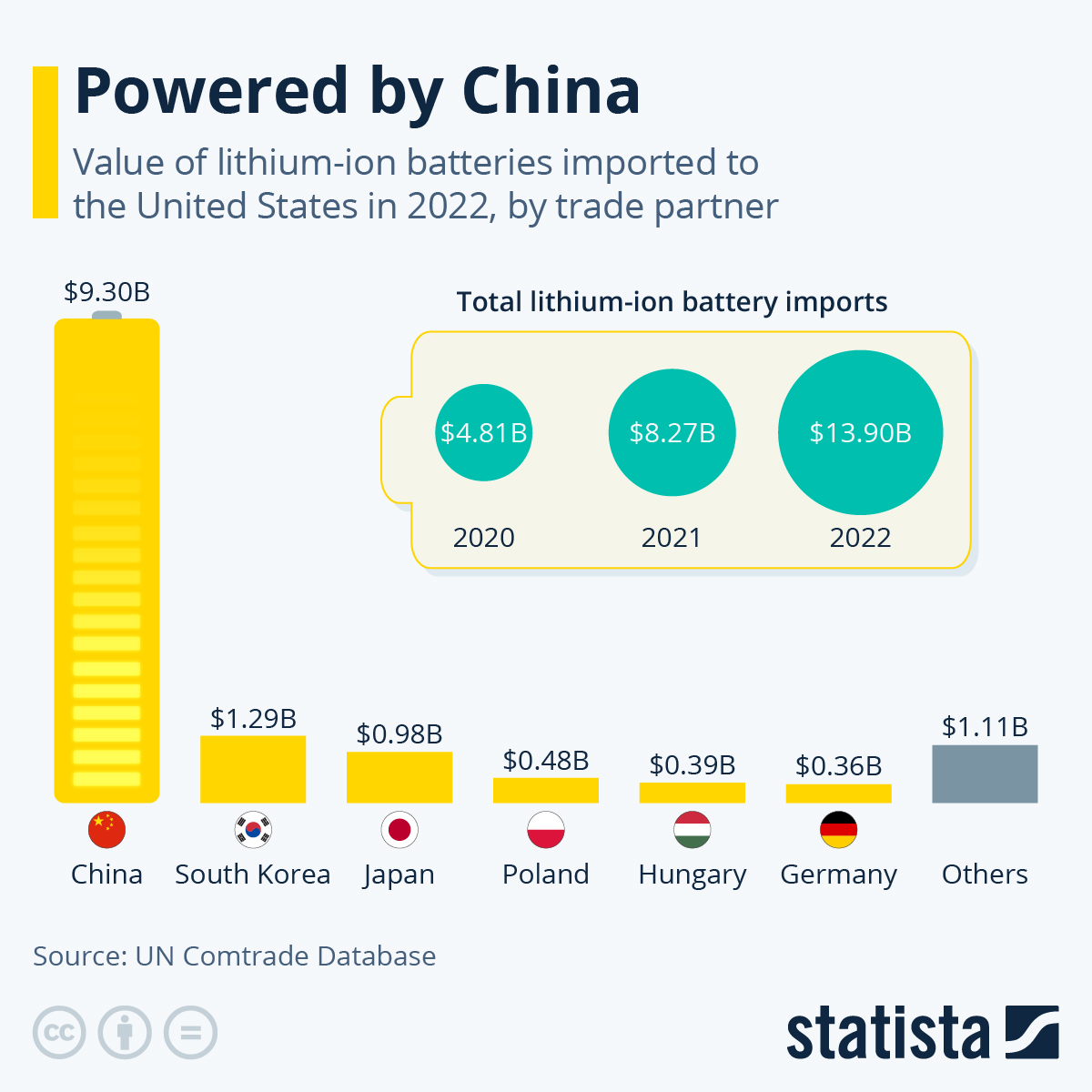After a string of fires caused by batteries of electric scooters and bicycles, lithium-ion batteries have come under scrutiny once again. The batteries, which power many everyday products such as laptops, phones and cameras, are generally considered safe as long as they’re properly manufactured, don’t have any defects and aren’t mistreated or tampered with. And while batteries used in smartphones and other gadgets are relatively small and rarely subject to extreme forces, lithium-ion batteries used in e-bikes and e-scooters are many times larger and more prone to damages.
Another problem is quality control and compliance with safety standards. “After Covid started, scooter use went dramatically up, especially in places like New York City, for deliveries,” Steve Kerber, vice president and executive director of Underwriters Laboratory’s Fire Safety Research Institute said. “People started to get overcharged for them and turned to manufacturers which happened to have lower quality control with the battery systems. The quality manufacturers are not having issues,” Kerber added, recommending to buy certified scooters and e-bikes from reputable brands and/or retailers.
There is a huge, unregulated market for battery packs, however, posing a challenge to regulators and a threat to consumers. The United States imports hundreds of millions of lithium-ion batteries each year, with the volume ever increasing. According to data extracted from the UN Comtrade Database, China accounted for the vast majority of U.S. battery imports last year, with a total trade value of $9.3 billion. South Korea and Japan are also popular sources with batteries worth $1.3 and $1.0 billion imported to the U.S. in 2022. The total import value of lithium-ion batteries nearly tripled since 2020, reaching $13.9 billion last year.


















